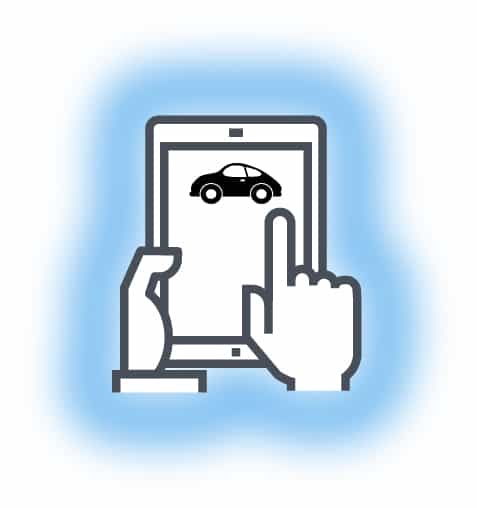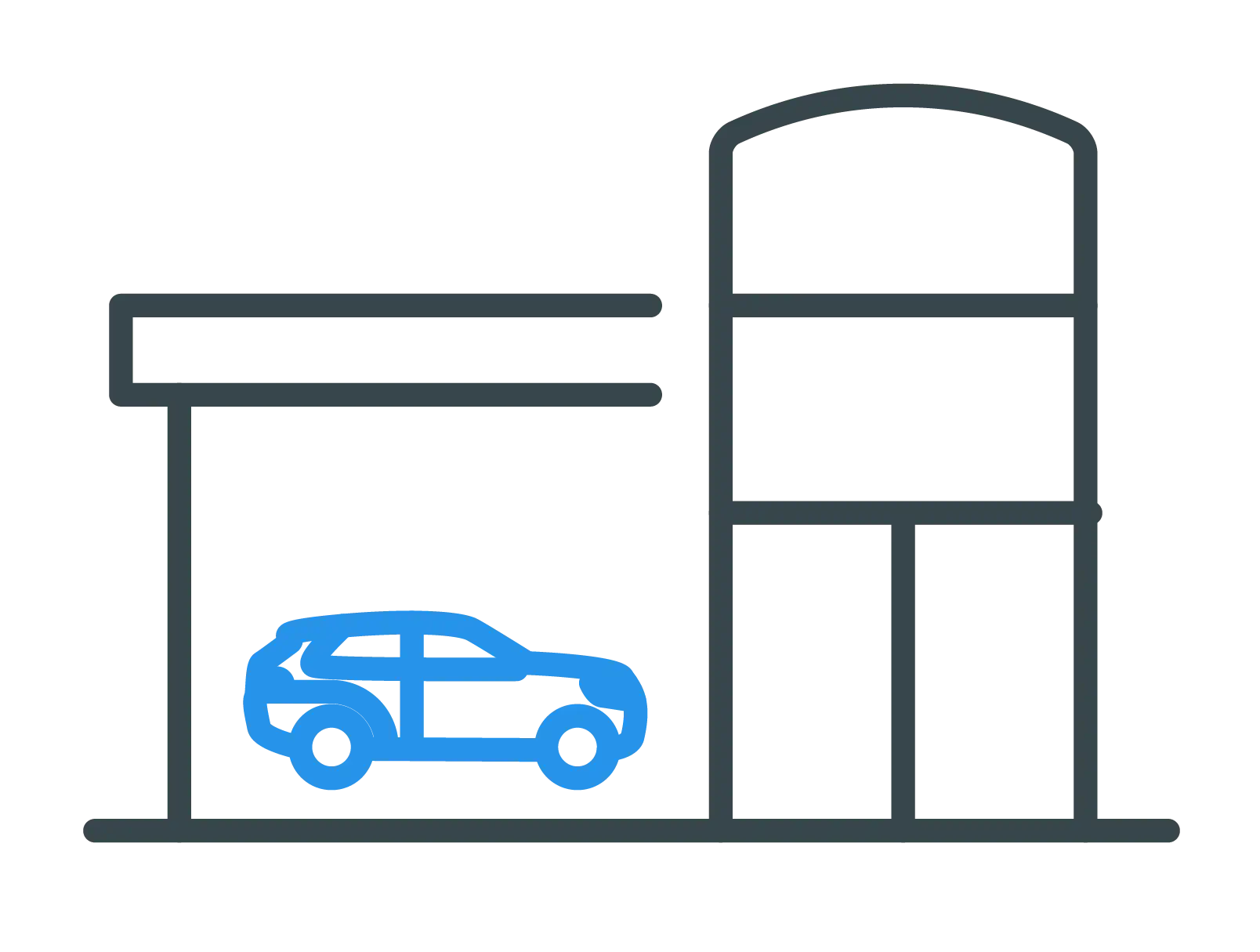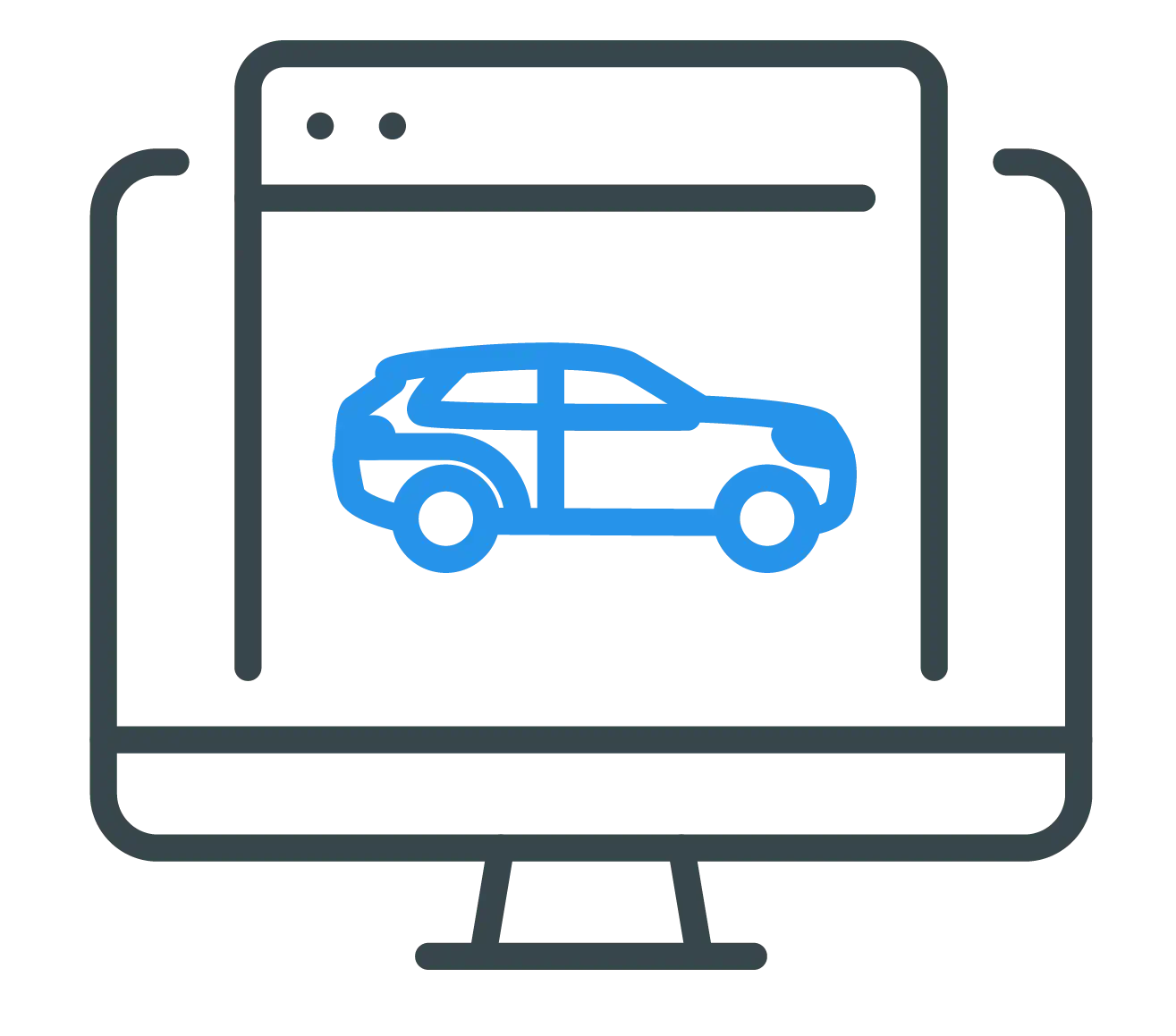As you transition your automotive dealership to a remote business, an inevitable question will arise: “What’s the best way to execute vital F&I processes in a world where social distancing is required”?
I’ve talked to several successful auto dealers who have embraced a remote sales business model over the last few weeks. They have developed some creative solutions for this very real dilemma.
To finalize a sale, dealers still need to obtain loan approval while generating profits on both the front end (loan interest) and back end (F&I, warranties, gap insurance, aftermarket, etc) of the dealership. All of this has to be done while complying with local and state regulations, in addition to managing the remote delivery of each vehicle purchased.
With so many things to consider, I’ve created three different scenarios that you can use to jumpstart your F&I process discussions.
 Option 1: The F&I Manager delivers the vehicle and reviews paperwork in person with the customer, adhering to social distancing regulations.
Option 1: The F&I Manager delivers the vehicle and reviews paperwork in person with the customer, adhering to social distancing regulations.
In this case, the F&I Manager is actively and directly engaged with the customer—just like a mortgage or escrow company. This method works well in states and local jurisdictions where in-person meetings with customers at their homes or at a neutral location are allowed. If you’re unsure whether your state allows this or not, please check your state’s dealer association website for the latest information.
Using a tablet, the F&I Manager finalizes the loan and vehicle purchase contract upon delivery. The keys and COVID-19 compliant sanitized vehicle are then given to the customer. The whole transaction is completed on the spot—signed, sealed, and delivered. Some dealerships have even certified their staff as notaries, so that, in the fourteen states where notarizations are required, this can be handled at the point of delivery as well.
A big benefit of this method is that, if there are any issues with the customer’s credit, the F&I manager can work out an appropriate loan and interest rate immediately. But there’s a big caveat: Check the laws in your jurisdiction to make sure you are in compliance. In some areas, it’s illegal to bring contractual documents to a customer’s home. Other states, such as: California, New York, New Jersey, Nevada and Michigan, only allow fully remote or contactless sales during this time- meaning that only the vehicle delivery and necessary signatures may be handled in person.

Option 2: Your F&I Manager works with the customer remotely.
This is a great alternative that works well anywhere and, in fact, has been used by many dealerships pre-COVID-19.
The F&I Manager is still the primary point of contact, but business is conducted via phone or video conference. This way, the F&I Manager acquires a better understanding of the customer’s credit story and can structure the best deal for the customer—and for the dealership’s profitability. It’s also an opportunity to help the customer understand the value of various F&I products.
To execute the contract, the F&I Manager can use secure, online third-party document delivery and e-signing tools. Or the final paperwork can be printed and signed when the car is delivered.
 Option 3: Your salesperson is the single point of contact and handles all F&I functions.
Option 3: Your salesperson is the single point of contact and handles all F&I functions.
This is a variation of Option 2. In this case, the dealership’s salesperson is responsible for the entire transaction. As in Option 2, most activities are done remotely (except for delivery). The salesperson does everything from end to end: scheduling a remote consultation to discuss the loan, sending out contracts for digital signature, selling additional value-added protection products, and delivering the vehicle. For document notarizations, the salesperson (if he or she is not a Notary) can use an online notary service.
These are some practical ways that dealers are currently operationalizing remote F&I at their dealerships. Regardless of which option is right for your store, you’ll want to take advantage of both old-school and online tools: safe, in-person meetings with the customer (where allowed), phone calls, video conferencing, e-signature apps, online notary services, and digital retail solutions like the AutoFi platform. Before you put these practices in place, make sure you check your state and local dealer associations for the latest updates.
View the Remote Selling – F&I webinar on demand, and join us for the AutoFi Remote Selling & Social Distancing Series, every Tuesday, 9:00 AM Pacific through May 5, 2020.
Find out how AutoFi can help your business thrive.























